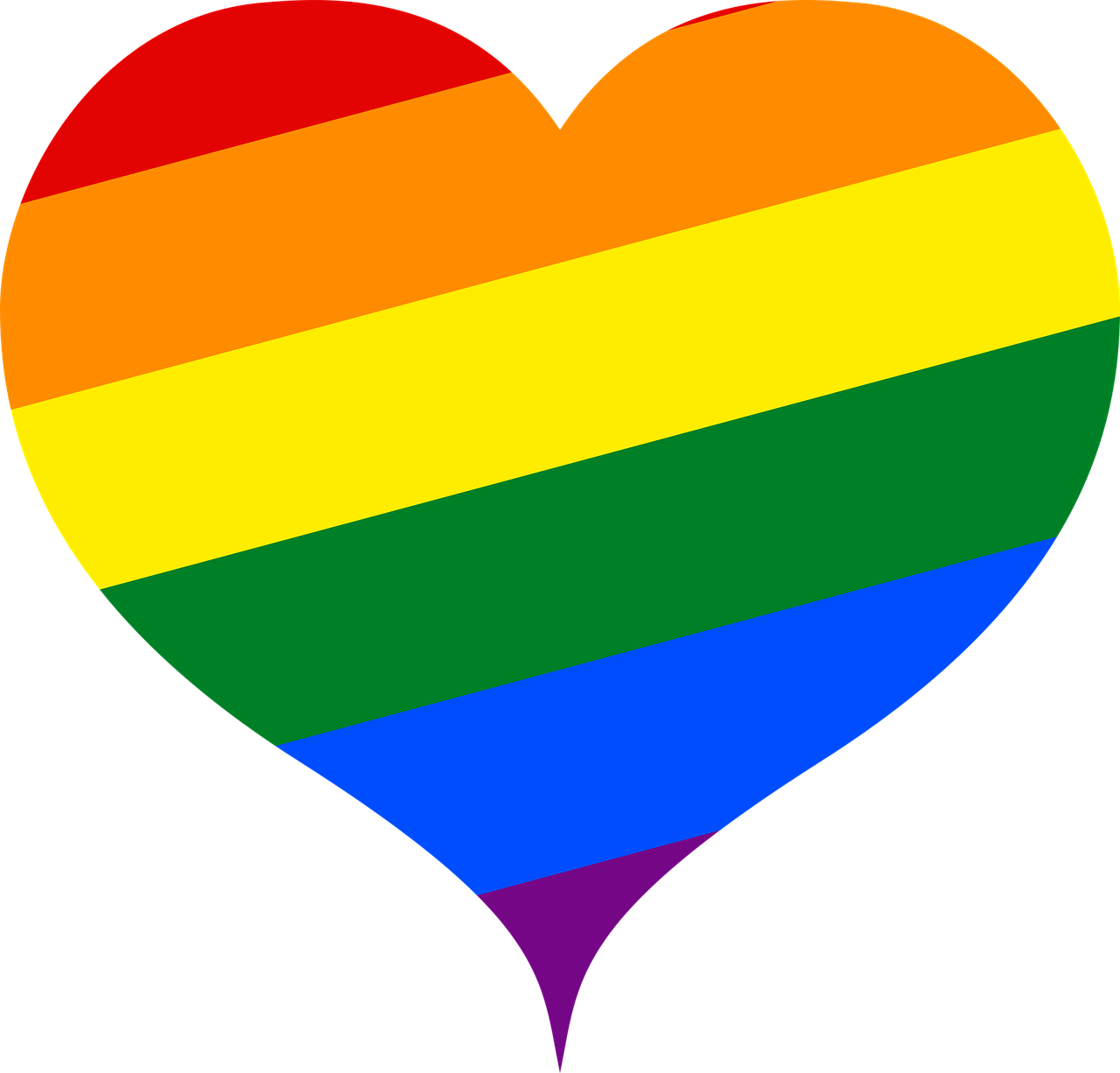By guest blogger Sydney Spilko
With the support of same sex marriage becoming more and more popular in the United States, more confusion about these topics may hinder acceptance. If you’re the parent of a gay, bisexual or queer child and are confused about the terminology, this blog post is for you.
Here is a listing of various terms to help you understand the state of language usage when it comes to these issues.
Sexuality: refers to who one is romantically/sexually attracted to
Straight/heterosexual: one who is attracted to the opposite sex
LGBTQ+:
L (Lesbian): a woman who is attracted to other women
G (Gay): a man/woman who is attracted to other men/women, respectively
B (Bisexual): someone who is attracted to both men and women
T (Transgender): a person whose sense of personal identity and gender does not correspond with their birth sex. (“Transgender” is not a sexuality. Please refer to last week’s blog, “He Said, She Said, They Said: A Look at Gender,” for more information on transgender terminology).
Q (Queer or Questioning):
- “Queer” is an umbrella term for someone in the LGBTQ community. Formerly used as a derogatory word for a gay person, it is now a self-described term for someone who is in the LGBTQ community.
- “Questioning” refers to someone who is questioning their sexuality.
‘+’ is included to recognize the many sexualities that the acronym LGBTQ does not contain.
I (intersex): someone born with genitals or autonomy that is not distinctly male or female. Previously called “hermaphrodite.” (“Intersex” is not a sexuality. Please refer to last week’s blog, “He Said, She Said, They Said: A Look at Gender,” for more information on transgender terminology).
A (asexual): someone who does not experience sexual attraction
More sexualities not covered by the LGBTQ+ acronym
Pansexual: someone who is attracted to others regardless of gender identity
Polyamorous: someone who engages in consensual non-monogamy
And many more! Use Google if you’re unsure about a term.
Reclaimed Words
Reclaimed words are words/terms that were/are used to be derogatory against the LGBTQ+ community, and have since been “reclaimed” by the community. Unless someone in the LGBTQ+ community has invited you to say these words, do not use them:
- Queer
- Previously a derogatory term for a gay person, queer is now used by the community as an umbrella term for someone who is not straight.
- Dyke
- A lesbian who presents as masculine. Often used derogatorily, it has also been reclaimed by some lesbians as a positive self-identity term.
- Butch
- One who identifies themselves as masculine in all parts of life. Sometimes used derogatorily to refer to lesbians, but is also claimed as a positive self-identity term.
- Faggot
- Derogatory term referring to a gay person or someone perceived as gay. Also has been reclaimed by some gay people as a positive self-identity term
- Homosexual
- An outdated clinical term for a gay person. This medical term is considered stigmatizing based on its history as a category of mental illness. Use gay or lesbian instead.
Topics of gender and sexuality can be confusing. They are both fluid, and on a spectrum, ever changing based on personal preference and societal expectations. When in doubt, be patient, use Google, and if the LGBTQ+ person in your life is willing to share, ask questions. You don’t have to know it all, but as long as you’re open minded, you’re headed in the right direction.
Bio: Sydney Spilko is the social media intern at North Shore Child & Family Guidance Center. She recently graduated from Syracuse University with a degree in Psychology.














